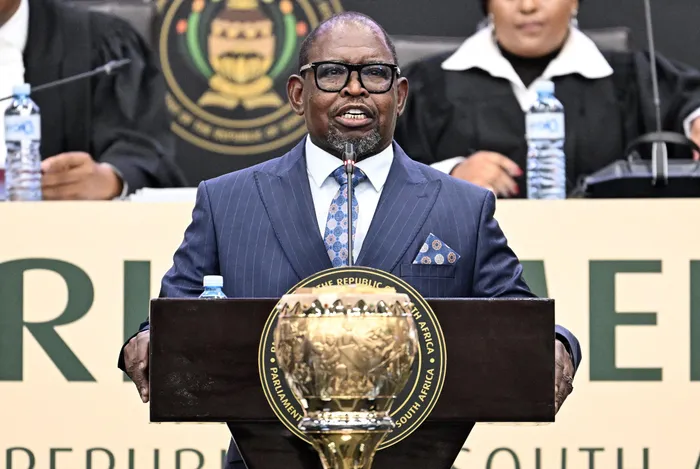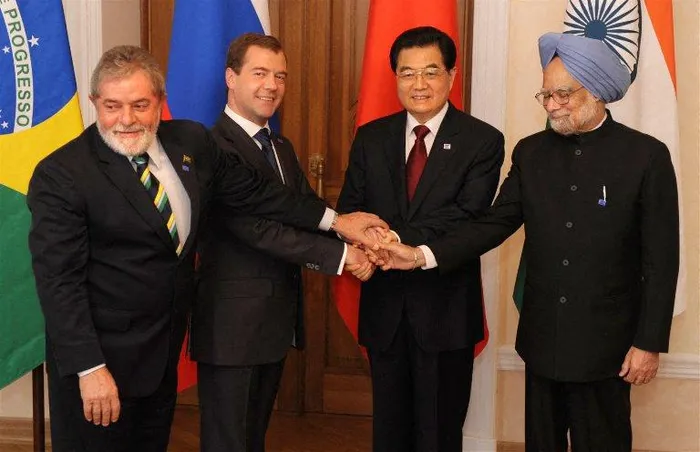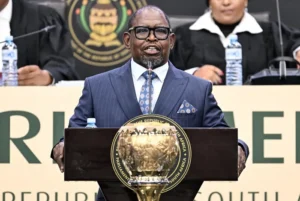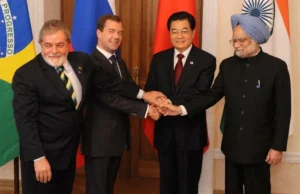Cuba’s tourism sector, already contending with external pressures and regulatory complexities, faces a new challenge as United Airlines prepares to suspend its only direct flight between Houston and Havana. This development threatens to weaken a key transport link for American travellers outside Florida and could further strain Cuba’s tourism-dependent economy. As Cuba navigates this loss, it is simultaneously pursuing alternative partnerships, notably with Brazil through BRICS, to safeguard its visitor numbers and sustain the sector’s economic contribution.
Cuban Tourism Challenge
Cuba’s tourism sector is facing a significant challenge following United Airlines’ decision to discontinue its nonstop service between Houston’s George Bush Intercontinental Airport and Havana’s José Martí International Airport. The route, scheduled to cease on 2 September 2025, was the only direct flight to Cuba operated by a U.S. airline based outside Florida. This move comes amid fluctuating demand and ongoing changes in U.S. travel regulations related to Cuba.
The cancellation is expected to have a notable impact on travel between the U.S. and Cuba, particularly for tourists from Texas and neighbouring states who have relied on the Houston-Havana route as a key link to the island. Cuba’s economy, especially in Havana and surrounding areas, has long depended on American tourism. Visitors from the U.S. contribute substantially to sectors such as hospitality, local transport, and cultural services.
Destinations Impacted
Cuban destinations like Old Havana, Varadero, and Trinidad—known for their historical, cultural, and natural attractions—may suffer economically as a result of decreased tourist access. With fewer direct flight options, American visitors may find it more difficult to reach these popular sites, potentially leading to a decline in visitor numbers during off-peak periods.
Tourism in Cuba typically peaks during the U.S. winter, when favourable weather encourages travel to the Caribbean. However, in the low season, decreased demand makes certain routes harder for airlines to sustain. United’s suspension reflects how seasonal variations and unpredictable market conditions can undermine route viability.
Although Cuba has made efforts to attract a broader international audience, American travellers remain among its most important markets. Reduced accessibility from the U.S. could hurt Cuban-owned businesses that rely on foreign spending. At the same time, uncertainty surrounding U.S. policy on Cuba has made it difficult for airlines to plan long-term routes, as travel permissions and restrictions continue to shift under different administrations.
With fewer direct links, some U.S. travellers may opt for alternative Caribbean destinations that are easier to access and face fewer regulatory hurdles. This could see Cuba losing ground to regional competitors in terms of tourism numbers.
The suspension of the Houston-Havana service reflects wider trends in international travel, where airline decisions are increasingly influenced by political shifts, profitability concerns, and seasonal changes in demand. For Cuba, maintaining its tourism industry may now require expanding ties beyond the U.S. market and forging new partnerships to support its economic recovery.
Brazil’s Cuban Agreement
Brazil and Cuba have taken steps to reinforce their cooperation in the tourism sector during a meeting in Rio de Janeiro, where their respective tourism ministers discussed new strategies to boost mutual visitor numbers, according to an official statement from the Brazilian government.
A key item on the agenda was the introduction of a weekly direct flight linking São Paulo and Havana, intended to ease travel between the two nations, which currently often requires layovers in other Latin American countries.
The talks also considered reopening a Brazilian branch of Cuba’s national tourism agency. This office would not only help promote travel packages but also provide support on trade matters, particularly those involving the supply of products and services vital to the Cuban tourism industry.
Brazil’s Tourism Minister, Celso Sabino, emphasised the strong historical ties between the two countries and reaffirmed their joint commitment to restoring direct air links. The meeting, attended by representatives from Embratur and the UN Tourism Office for the Americas and the Caribbean, reflected a shared ambition to enhance regional travel connectivity and deepen cooperation in the tourism domain.
The termination of the Houston-Havana route highlights the fragility of Cuba’s reliance on U.S. tourism amid shifting policy and market dynamics. However, renewed collaboration with countries like Brazil and BRICS offers a potential path forward. By strengthening regional partnerships and diversifying its source markets, Cuba may be able to mitigate the impact of U.S. travel constraints and build greater resilience within its tourism industry.
Written by:
*Dr Iqbal Survé
Past chairman of the BRICS Business Council and co-chairman of the BRICS Media Forum and the BRNN
*Cole Jackson
Lead Associate at BRICS+ Consulting Group
Chinese & South American Specialist
**The Views expressed do not necessarily reflect the views of Independent Media or IOL.
** MORE ARTICLES ON OUR WEBSITE https://bricscg.com/ (https://bricscg.com/)
** Follow @brics_daily (https://x.com/brics_daily?s=21) on X/Twitter & @brics_daily (https://www.instagram.com/brics_daily?igsh=bmhvbTd0YzA4a2wx) on Instagram for daily BRICS+ updates








